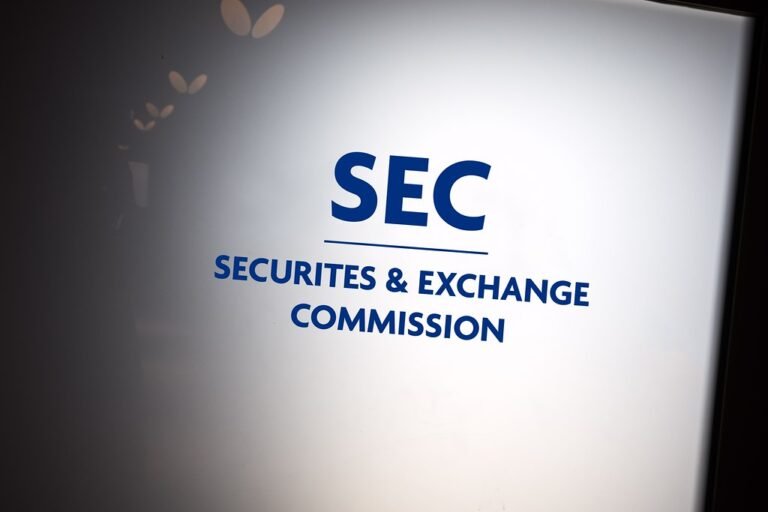
A federal court has temporarily halted a fraudulent business opportunity scheme known as Click Profit, which the Federal Trade Commission (FTC) alleges deceived consumers into losing millions of dollars. The company, which also operated under the names FBALaunch, Automation Industries, and PortfolioLaunch, falsely promised consumers they could earn significant profits through online sales using an artificial intelligence-powered system.
In a complaint filed by the FTC, the agency claims that Click Profit and its owners misled consumers by promising they could generate large sums of “passive income” by selling goods on major platforms like Amazon, Walmart, and TikTok. The company further deceived consumers by falsely claiming affiliations with well-known brands like Nike and Disney to persuade individuals to invest tens of thousands of dollars in the program.
“Click Profit misled consumers by falsely promising them guaranteed passive income using cutting-edge AI technology and exclusive brand partnerships,” said Christopher Mufarrige, Director of the FTC’s Bureau of Consumer Protection. “Their deception caused individual consumers to lose tens of thousands of dollars while the Click Profit operators enriched themselves. The FTC is working to hold the defendants accountable and secure redress for their victims, who have collectively lost millions of dollars.”

Click Profit’s marketing materials advertised the business opportunity as a “safe, secure, and proven” method to generate wealth, claiming that consumers could expect higher profits than traditional investments, with results that were consistent and predictable. Consumers who signed up were charged a “management fee” of at least $45,000, in addition to thousands of dollars for inventory to sell through online storefronts.
However, the FTC’s investigation revealed that few consumers saw any return on their investments. In fact, the vast majority lost their initial payments and were left with unsold products and substantial credit card debt. Many consumers were also pressured by Click Profit to use any revenue their online stores generated to purchase more inventory, further exacerbating their financial losses.
Click Profit’s online ads, often seen on social media and search platforms, promoted the opportunity with extravagant claims of earning six-figure to eight-figure incomes. In one of the company’s ads, co-founder Craig Emslie was shown fanning himself with wads of cash to highlight the purported profits. The company also touted testimonials from customers who supposedly made large profits, while advertising guarantees of significant returns and suggesting that consumers’ stores could be bought out by venture capital firms at a multiple of three to six times their value.
The FTC’s complaint includes actual data on Click Profit’s stores, particularly those operating on Amazon. According to the complaint, after Amazon’s fees, more than one-fifth of the stores on the platform earned no money at all, while another third earned less than $2,500 in total sales. Once Click Profit’s fees and profit share were deducted, most consumers were unable to recover the costs of starting their stores, let alone earn the promised profits.
The complaint also details the company’s failure to deliver on its promises. In many instances, consumers had to wait months for their stores to be opened, with some stores never being launched at all. Even when stores were created, the complaint alleges that many were blocked or suspended by Amazon, with approximately 95% of Click Profit’s stores being terminated by the platform.
Furthermore, consumers reported that Click Profit was largely unresponsive after they made their initial payments, leaving many to only receive refunds after filing complaints with organizations like the Better Business Bureau or law enforcement. In some cases, Click Profit allegedly threatened customers who voiced concerns with lawsuits, citing a non-disparagement clause in their contracts.
The FTC’s complaint charges Click Profit, its co-founders Craig Emslie and Patrick McGeoghean, partners Jason Masri and William Holton, and associated companies with violating several consumer protection laws, including the FTC Act, the Business Opportunity Rule, the Consumer Review Fairness Act, and regulations on impersonation of government and businesses.
The court has issued a temporary restraining order, halting Click Profit’s operations while the legal process continues. The FTC is working to secure restitution for the victims and ensure that those responsible for the scam are held accountable.The FTC urges individuals to thoroughly research any business opportunity before investing money and to remain cautious of offers that seem too good to be true.



